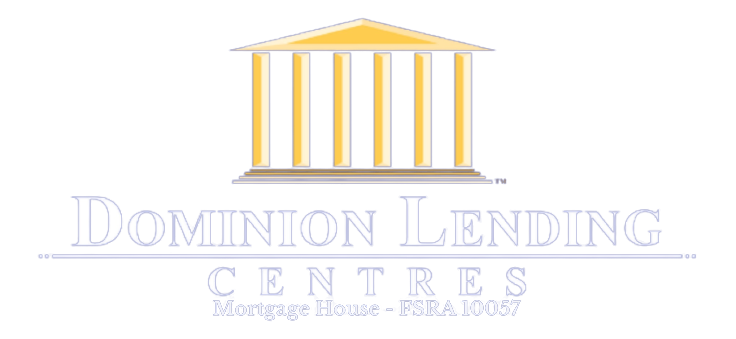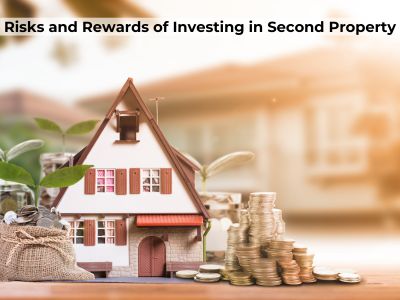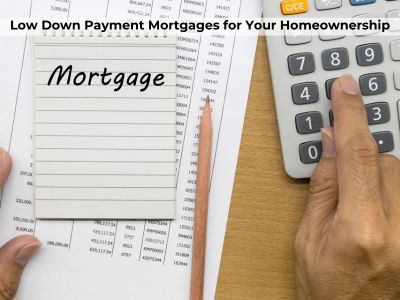Investing is one of the best ways to gain more profit and bring cash to your bank account. However, investing comes with risks and rewards, just like investing in a second property. A second property can be an exciting opportunity, but you must be knowledgeable about the possible risks you will encounter.
Rewards of Investing in a Second Property:
Rental Income
- If you have a second property, you can rent it out. By doing that, you’ll earn rental income and help pay the mortgage, taxes and maintenance fee.
Diversification of Returns:
- You can reduce your overall risk and potentially increase your returns by diversifying your portfolio.
Property Appreciation:
- Every asset appreciates, and so does your second asset. Over time, it may appreciate in value, allowing you to build equity and sell it for a profit in the future.
The Risks of Investing in a Second Property
Property Maintenance Costs:
Expenses like regular maintenance, repairs or even upgrades can be expensive. It is to keep your belonging in good condition, but the costs can add up quickly and reduce your overall returns.
Vacancies:
There’s a high chance that your property will remain vacant for an extended time. It means no rental income covers the mortgage and other expenses. These expenses may come from your own pocket.
Market Fluctuations:
There is no stagnant market. The real estate market is constantly changing and may affect your second property income. There is also no guarantee that your second property’s value will appreciate. It is possible that your property may be worth less than you paid for.
Financing Your Second Property with a Mortgage
Financing your second property with a mortgage is a common option if you’re considering investing in a second property. However, the process can be more complex than when you first bought your residential property.
Tips to Help Finance Your Second Property with a Mortgage:
- Larger Down Payment. Lenders typically require 20-30% of the property value as a down payment, higher than your first mortgage. Saving up for a larger down payment can help you qualify for a mortgage and lower your interest rate.
- Improve Credit Score. Your credit score has the most significant effect on your mortgage. If you have a high credit score, there is a higher chance that you’ll get approved and get better mortgage deals.
- Shop Around for the Best Mortgage Rates. Do not stop from one lender. Compare offers from various lenders and shop around. Hiring a mortgage broker is also an excellent way to help you find the best deals.
- Consider your Cash Flow. Ensure you carefully consider your cash flow before investing in a second property. Your income must cover your mortgage payments and other expenses that may arise.
- Understand the risks. Ensure you are aware of the risks and comfortable with them before investing in a second property.
- Hire a Professional. There’s nothing wrong with seeking help if you are struggling. Investing in real estate can be complex and overwhelming, it is best if you seek professional advice before going for it.
Types of Mortgage Available for Second Property in Canada
Conventional Mortgages
A loan without a government agency backing it. It requires a higher down payment and a higher credit score. Conventional mortgages often have more strict underwriting requirements, making it harder to qualify for a second property mortgage.
High Ratio Mortgages
You can still qualify for a high-ratio mortgage if you can’t afford a 20% down payment. High ratio mortgage doesn’t require a 20% down payment. However, it requires mortgage insurance. Mortgage insurance will protect the lenders in case of a payment default. High ratio mortgage is backed up by the government.
High ratio mortgage also requires more complex requirements, like a maximum debt-to-income ratio of 44%.
Home Equity Line of Credit (HELOC)
HELOC is secured by the equity of your home. You can use a HELOC to finance your second property if you have enough equity in your primary residence. HELOCs have variable interest rates and allow you to withdraw funds up to a predetermined limit as needed. They can be a good option for short-term financing, but they come with the risk of foreclosure if you cannot make your payments.
Second Home Program
Some lenders in Canada offer a second home program, which is designed explicitly for financing a second property. They are more flexible in their qualification requirements but have higher interest rates. In this kind of loan, you’ll need to have at least 20%.
Investment Property Mortgages
If you plan to rent out your second property, you may need an investment property mortgage. These mortgages have different qualification requirements than conventional ones, including a higher down payment and a minimum credit score of 680. You will also need to provide documentation of your rental income and expenses.
Conclusion:
Investing in a second asset is exciting yet risky. Thoroughly planning and giving everything a second thought is crucial. Investing may be a smart financial move but a big gamble; if not handled well, you’ll lose everything you worked hard for.
Think and do your research about the risks you will take and if you can take the risks. If not, prepare yourself more to reach your goal.
Connect with us at Best Rate Mortgage. Call us at (416) 825 0142 is you have mortgage inquiries.




